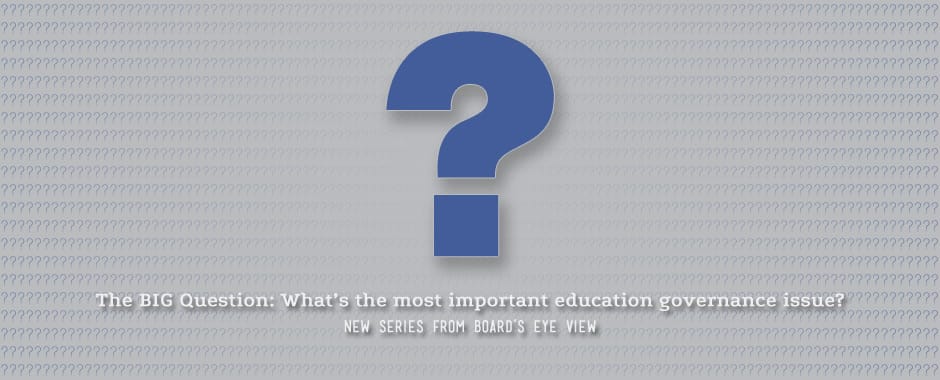
John Chubb is CEO of Leeds Global Partners and a Distinguished Visiting Fellow at the Hoover Institution where he is a member of the Koret Task Force on K-12 Education. He is co-author with Terry Moe of Liberating Learning: Technology, Politics, and the Future of American Education and author of "Overcoming the Governance Challenge in K-12 Online Learning."
If a public school student wants to take an Advanced Placement course from Apex Learning, a respected provider of online AP instruction, who should determine whether the student may do so? Today, the answer is almost uniformly, the local school board (or charter board) that governs the student’s school. Should it be so?
States have long delegated to local boards the authority to determine how students satisfy state standards such as graduation requirements. If a student wants to meet a state standard by some means other than what his or her school is offering, local board policies determine whether the student may. This makes a certain amount of sense. Students and families may want an option of dubious academic value.
But boards may decide these matters with more on their minds than quality control. Every time a student opts to receive a bit of education outside of a home school, the school or district faces a financial hit: it loses state revenue or gets stuck with a fee. Local boards consequently are not keen for students to try to receive credit elsewhere.
Historically, this has not been a big issue. Other than local college courses, students have not had ready options. But that has now changed—dramatically. Students can take any high school course online, with numerous providers to choose from. Options abound for younger students, too. Granting a student permission to take a course of obvious merit—say, AP from APEX—opens the potential floodgate of requests for other quality courses. Hundreds of students in a school requesting to take just a course or two a year online could present schools with unpleasant budget cuts, including teacher layoffs.
Not surprisingly, local boards are now resisting online offerings.
Not surprisingly, local boards are now resisting online offerings. But resistance may not be what’s best for students. Through self-pacing, multi-media instructional aides, one-on-one teacher support online, and much more, online courses are providing students new ways to succeed with their studies. For students who have struggled in the regular classroom, online may represent a lifeline.
States must now ask a historic governing question: should local boards continue to control student access to instruction on the Internet? Or should the state exert its authority and govern Internet access itself? If states leave access in the hands of local boards, they will slow the development of technology-based instruction, which is clearly not in the best interest of students. If they set policy themselves, guaranteeing student access to any courses meeting state requirements, they will expose local school systems and charter boards to disruptive competitive forces of unknown consequences. The vote here is for state control.
While editor Peter Meyer is taking a brief sabbatical from his biweekly blog, Board's Eye View is hosting a series of guest blog posts from a range of experts and stakeholders answering The BIG Question: What's the most important governance issue? Meyer encourages readers to interact with our TBQ contributors or contact him directly at [email protected] if they would like to submit their own TBQ essay.
